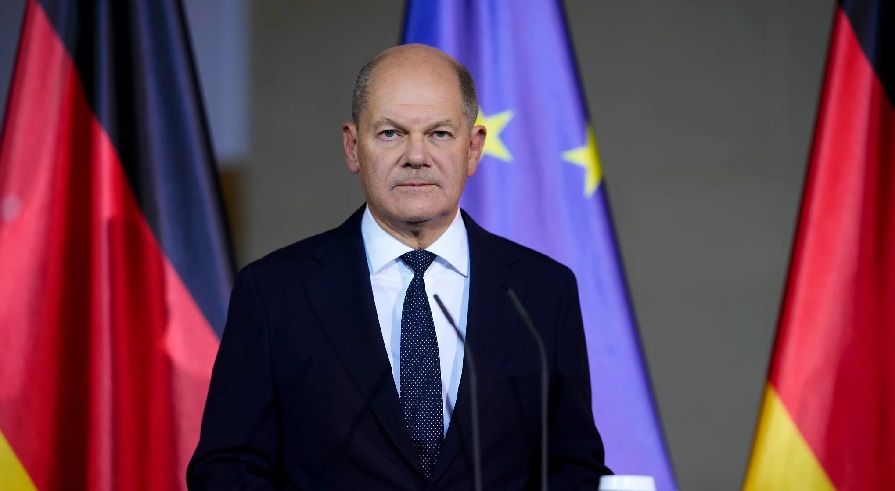German Chancellor Olaf Scholz called on Thursday for the European Union (EU) to avoid imposing financial penalties on car manufacturers that fail to meet emissions reduction targets by the end of 2025, as mandated by EU legislation.
“In the specific situation of our automotive industry, financial penalties that would harm the liquidity and financial stability of car manufacturers make no sense. We must avoid these sanctions,” Scholz said at a press conference following an EU summit in Brussels.
Current legislation requires automakers to reduce fleet emissions by 15% by 2025 compared to 2021 levels.
This means lowering emissions from the current 115 grams of CO2 per kilometre to 93.6 grams.
However, manufacturers consider this target unachievable, given that the industry had only reached 106 grams in 2024.
Scholz emphasised that the automotive industry is “central” to both Europe and Germany, advocating for solutions to prevent financial penalties if standards are not met by 2025.
He also called for greater flexibility in EU legislation.
“It is justified to avoid punitive payments and seek alternative solutions. It’s not easy, but I have had many discussions and trust that a solution will be found,” the German chancellor said.
Germany joins other EU countries, including France, Italy, the Czech Republic, Poland, Austria, Bulgaria, Romania, and Slovakia, in urging the EU to find alternatives to these sanctions.
These nations have argued that the fines would severely limit the sector’s capacity to invest.
Scholz welcomed the European Commission’s plan to launch a strategic dialogue with the automotive industry in January to explore solutions for the sector.
The results of these discussions will be debated at an EU leaders’ summit in March.
The German chancellor suggested that the agenda should include an “understanding with China on tariffs for electric vehicles,” the current state of the automotive industry in Europe, a reconsideration of the penalties scheduled for 2025, and measures to boost demand for electric vehicles made in Europe.
“It would be better if we found a European solution to incentivise the purchase of electric vehicles,” Scholz said, proposing “fiscal measures,” such as “subsidies” or “bonuses.”
He also highlighted the interconnected nature of the European automotive industry: “It may sometimes appear as though only individual countries are affected, but almost every country is part of the economic networks tied to car production in Europe.”
“This is why we must ensure that our products remain internationally competitive,” he added.
Source: EFE







